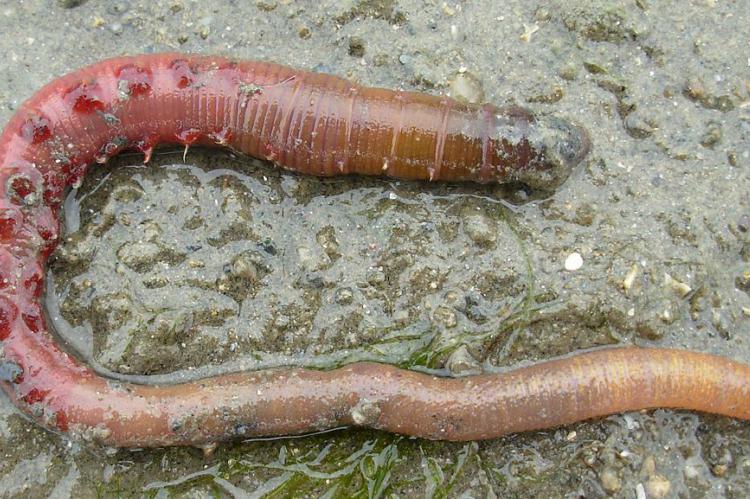1 minute
Plastics make their way into marine worms
If ocean sediments are heavily contaminated with microplastics, marine lugworms eat less and their energy levels suffer
Researchers from Plymouth University and the University of Exeter has shown that microscopic fragments of plastic - or microplastics - could spell big trouble for marine life, starting with the worms.
Many plastics contain chemical additives, such as plasticizers, dyes, and antimicrobials, which can leach out into sediments and seawater.
Microplastics also concentrate water-borne chemicals on their surfaces, such as pesticides and detergents. In other words, the problem with microplastics isn't just the plastic itself, but the complex mix of chemicals the plastics carry with them.
Plastic debris degrades into ever-smaller pieces, which means that a wider range of organisms can ingest this material, and particles of microplastic are now the most abundant form of solid-waste pollution on our planet.


